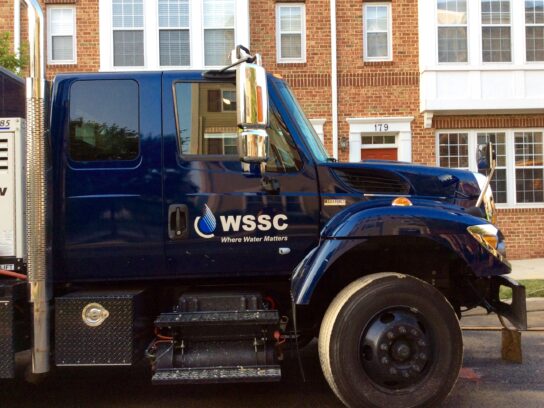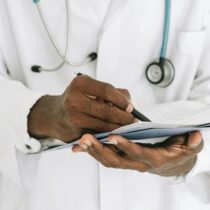
Montgomery County reached a five-year agreement with WSSC Water (Washington Suburban Sanitary Commission) to literally turn “poop into power” for its Ride On buses.
“Instead of methane being released into the atmosphere, it will be recycled and used in the buses, explained County Executive Marc Elrich.
We’ve entered into a five-year agreement with @MontgomeryCoMD that will literally turn poop into power. Methane gas captured during the wastewater treatment process upgraded to renewable natural gas to power county’s Ride On bus fleet.
Read more… https://t.co/QQeLdJHPCK pic.twitter.com/y4ZMtpsc0u
— WSSC Water (@WSSCWaterNews) June 21, 2023
Methane gas will be captured during WSSC’s wastewater treatment process and then upgraded to renewable natural gas. Once the gas is upgraded at the Piscataway bioenergy facility in Accokeek, Md, it will then be sold to both Montgomery and Prince George’s counties.
WSSC expects to make $700,000 a year in revenue while at the same time reducing its greenhouse gas emissions.
The county has a goal of reducing its carbon emissions by 80% by 2027 and 100% by 2035.
“This agreement to turn methane gas into fuel for our buses is a win-win-win for our constituents, commuters and, most importantly, our environment,” Elrich said.
The Piscataway project currently is under construction and is expected to be completed in November 2024. Work began in 2019. When completed, it will handle waste from WSSC’s five existing water resource recovery facilities. The $271 million project is expected to last 100 years.
“Reclaiming valuable natural resources from the wastewater treatment process not only benefits our environment but also makes fiscal sense,” said WSSC Water Commission Vice Chair T. Eloise Foster in a news release.
According to General Manager and CEO Kishia L. Powell, the Piscataway project will save WSSC Water customers more than $3.4 million annually and will reduce its greenhouse emissions by 13 percent.

Comments are closed.